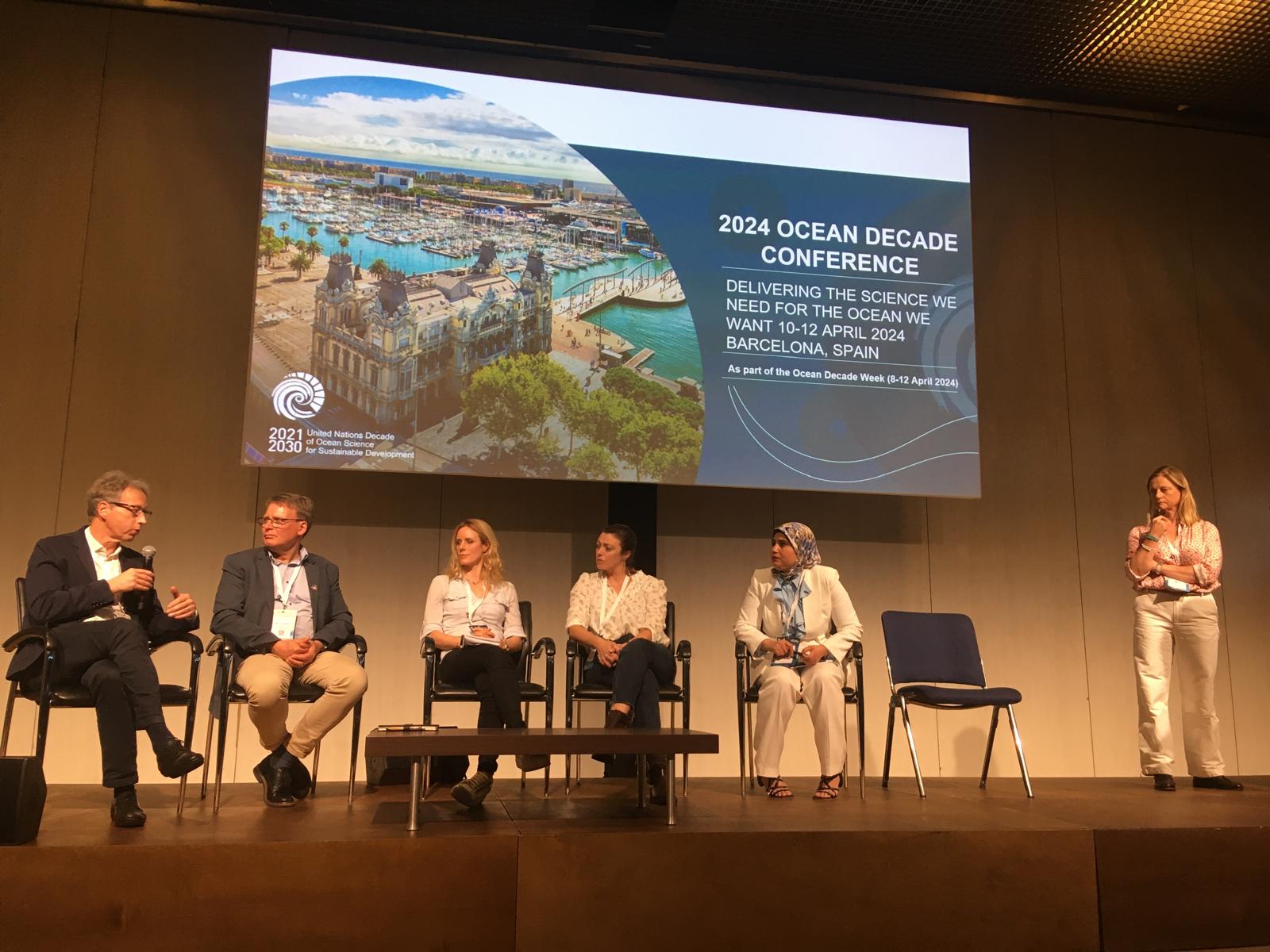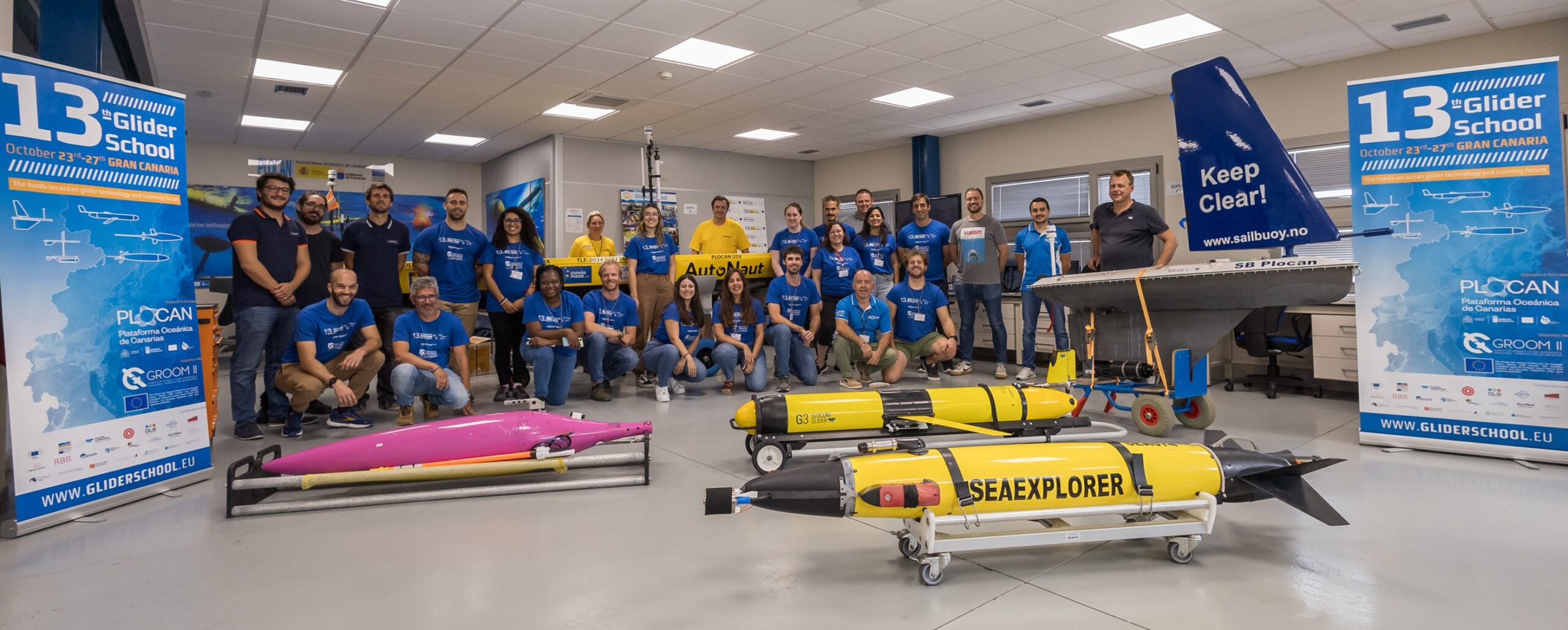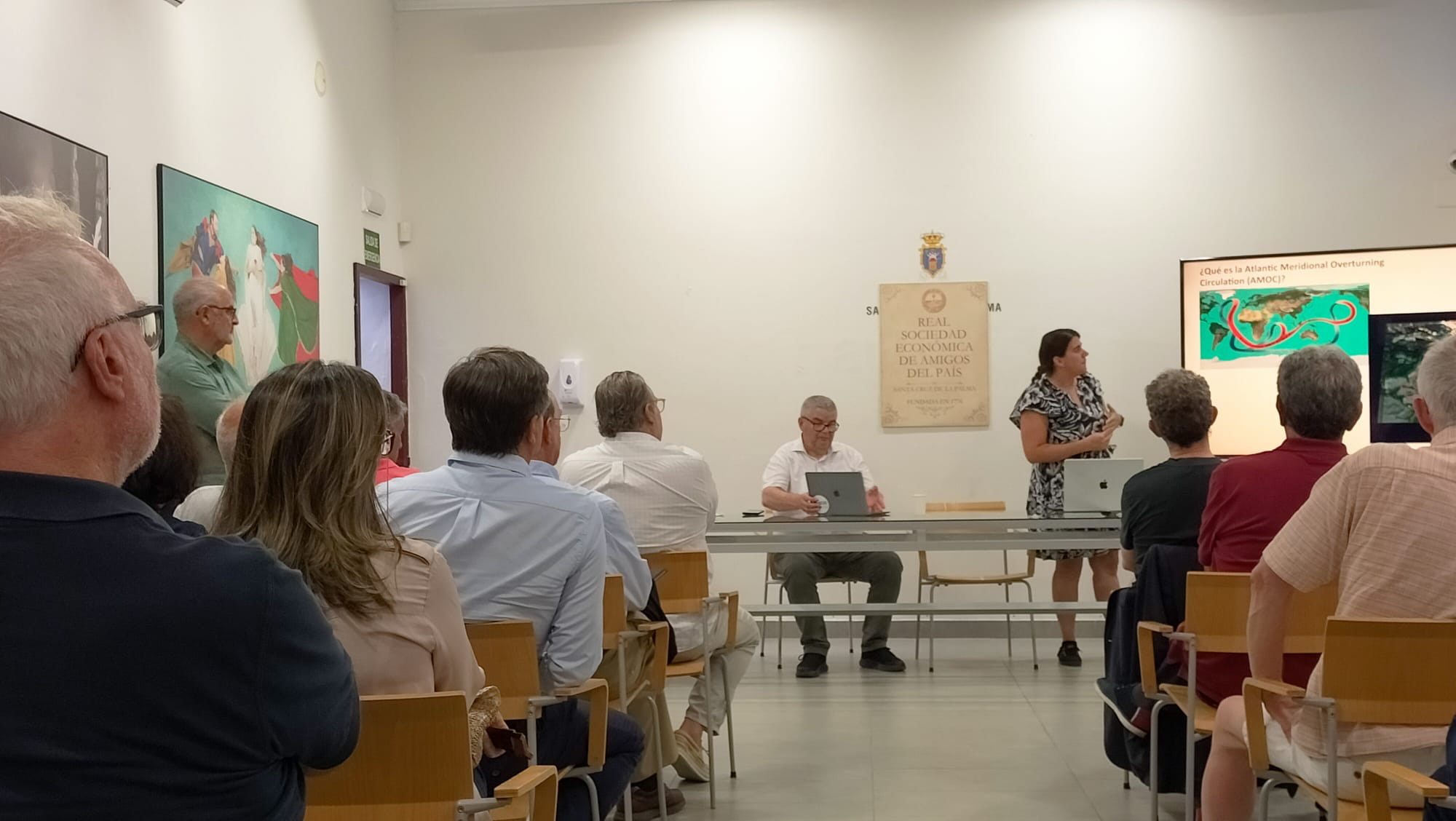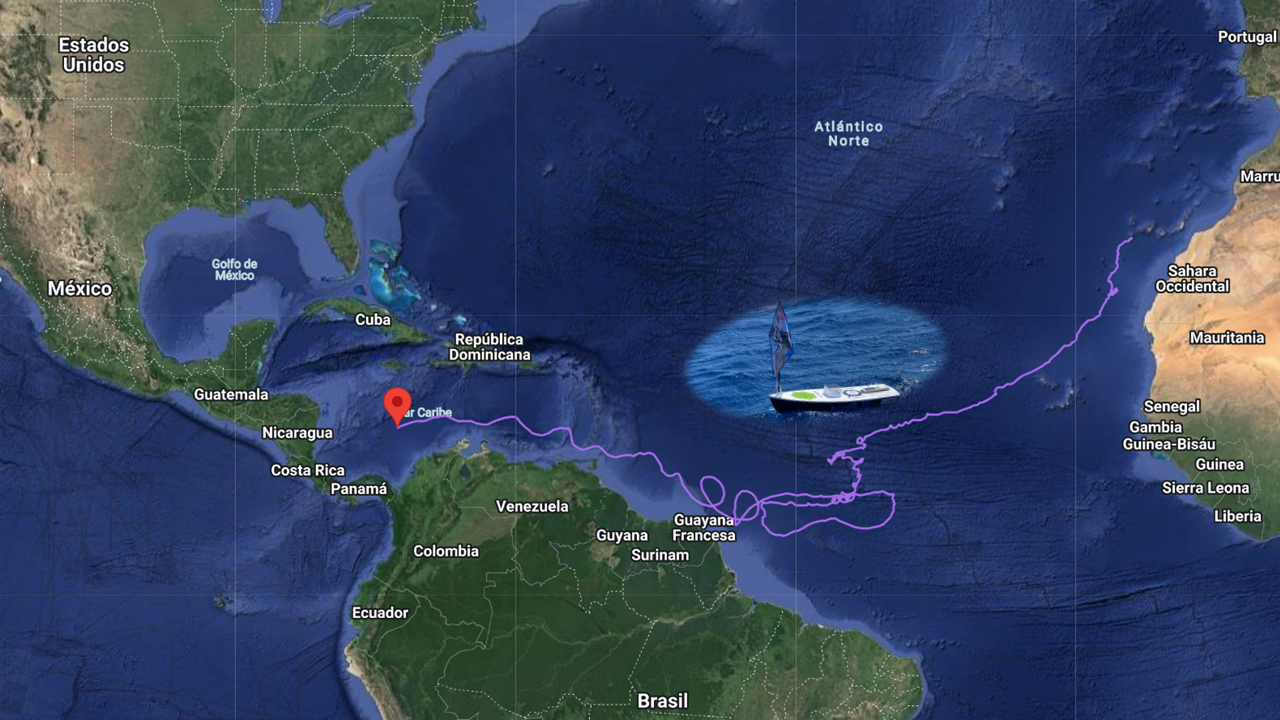Members of the Study Commission on the European Union Scenario for 2021-2027 of the Parliament of the Canary Islands have visited the onshore facilities of the Oceanic Platform of the Canary Islands (PLOCAN) with the aim of addressing the challenges and Sustainable Development Goals of the United Nations for 2030 and the Decade of Ocean Science.
During the visit, the deputies have been informed of the new ways and references that PLOCAN provides to develop a new relationship with the ocean, promoting science and technology excellence to develop and validate new models in order to mitigate climate change, based on the energy transition and the conservation of the marine environmental quality.
Ventura del Carmen Rodríguez Herrera and Rosa Bella Cabrera Noda, of the Socialist Parliamentary Group of the Canary Islands; Beatriz Calzada Ojeda, of the Nationalist Parliamentary Group of the Canary Islands; Carlos Ester Sánchez, of the Popular Parliamentary Group; Mª Esther González González, of the Nueva Canarias Parliamentary Group; Ricardo Fernández de la Puente Armas, of the Joint Parliamentary Group; and Manuel Marrero Morales of the Parliamentary Group GP Sí Podemos Canarias were the members of the delegation that visited the facilities of PLOCAN.
The CEO of PLOCAN, José Joaquín Hernández Brito, has presented the attendees the activities and projects of the Unique Scientific and Technical Infrastructure within the marine science and technology sector, focused on the protection of the ocean, on the use of its resources in a sustainable way and on the recovery of its biodiversity.
At the end of the presentation, the deputies were able to attend an activity for testing ROVs (Remotely Operated Vehicles) organised by the EDUROVs project “Educational underwater robotics” with the students of the Centro Sopeña Las Palmas, where they were informed about the actions and objectives of the initiative, which aims to introduce students of primary and secondary education to technologies from a practical and amusing point of view. The EDUROVs project “Educational underwater robotics” is funded by the Oceanic Platform of the Canary Islands, the Cabildo de Gran Canaria and the Obra Social “La Caixa”.
Furthermore, the deputies visited the gliders laboratory where they received information on the different technologies that are used, the activities developed, the missions of the vehicles and related projects.




